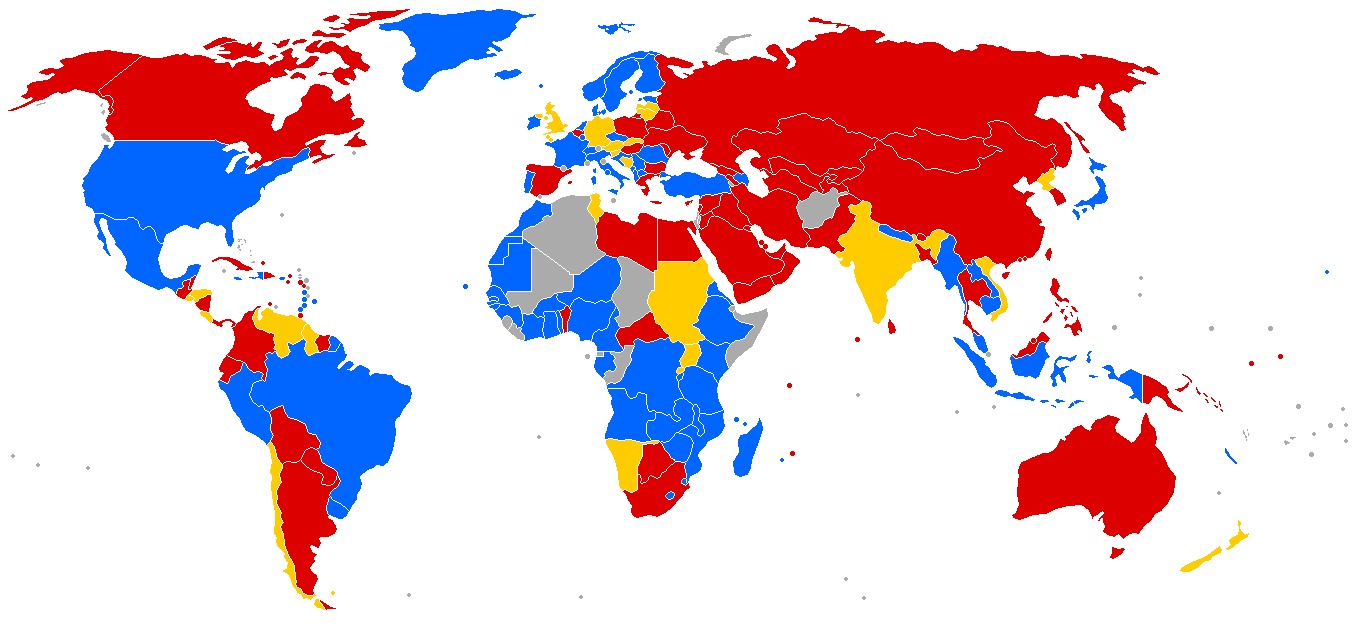People fear what they do not understand. Few things were less understood or more feared in the late ’80’s than HIV. Though everyone knew that HIV killed, how it spread was still unclear to many Americans. How long it stayed dormant before turning into AIDS was still unknown to most doctors. So little was known…
Read moreGuantánamo Public Memory Project
Category: Reflection + Action
“At Times It’s Best Not to Open a Jar” – Conflict in Extracting Memories?
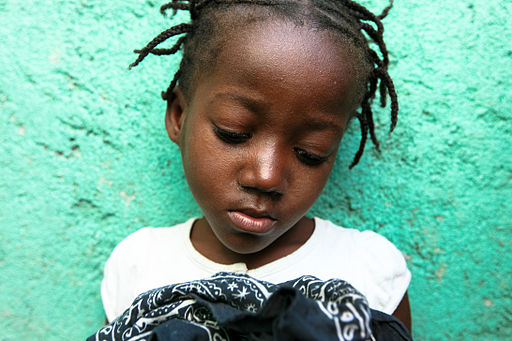
Throughout my experience contributing to the Guantánamo Public Memory Project, I often found myself considering the contradictions of attempting to capture memories regarding a time and a place that many people who experienced it firsthand do not wish to remember. In discussing the guiding principles of the Guantánamo Public Memory Project, the project website asks…
Read moreObtaining Refugee Voices: In Whose Interest Does the GPMP Act?
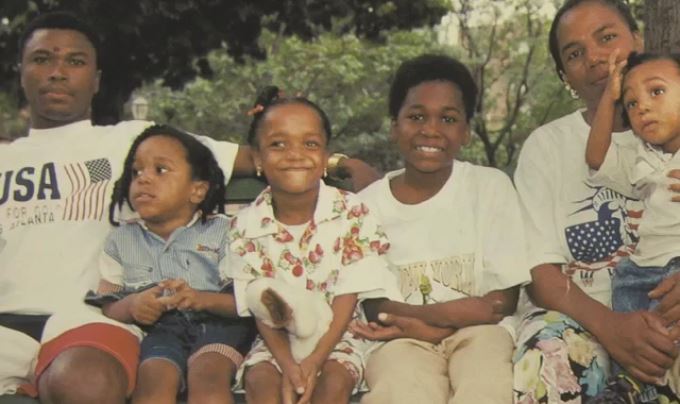
While researching for and carrying out this project, one of the major ethical concerns I encountered was the issue of speaking for another person or group. Although one of the Guantánamo Public Memory Project’s main goals is to allow people to relate their own memories of Guantánamo, I found that such personal memories are incredibly difficult…
Read moreArt & GTMO: Manufacturing Visuals to Represent the Invisible
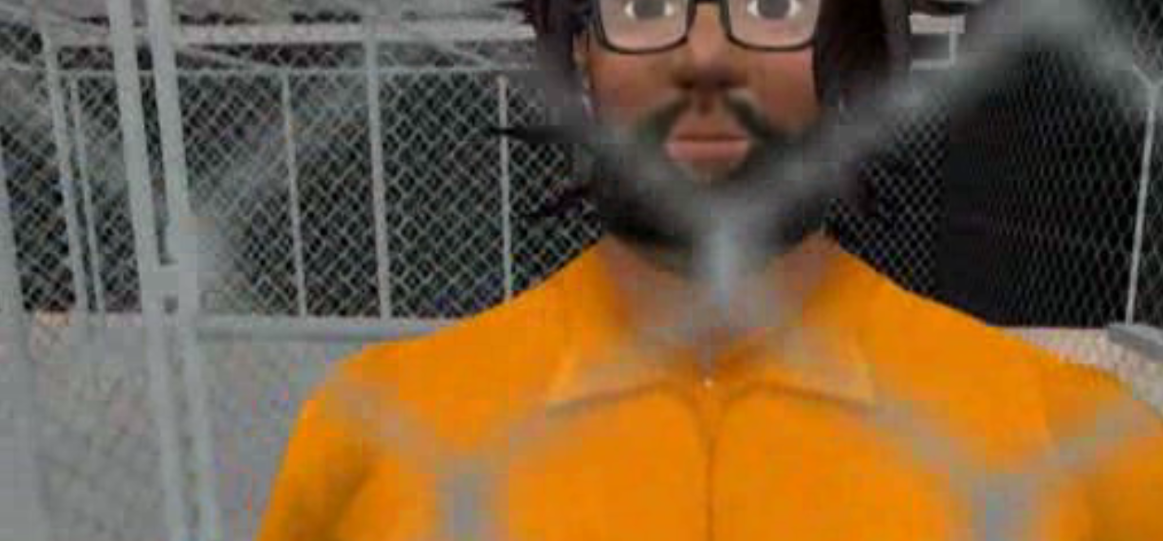
Last year, John Filostat, spokesman for Joint Task Force Guantánamo, announced that the military would stop informing the public about GTMO detainees who go on hunger strike. “The release of this information serves no operational purpose and detracts from the more important issues,” Filostat explained. The decision to stop disclosing this information, formerly used as…
Read moreGuantanamo: A Lieux de Memoire
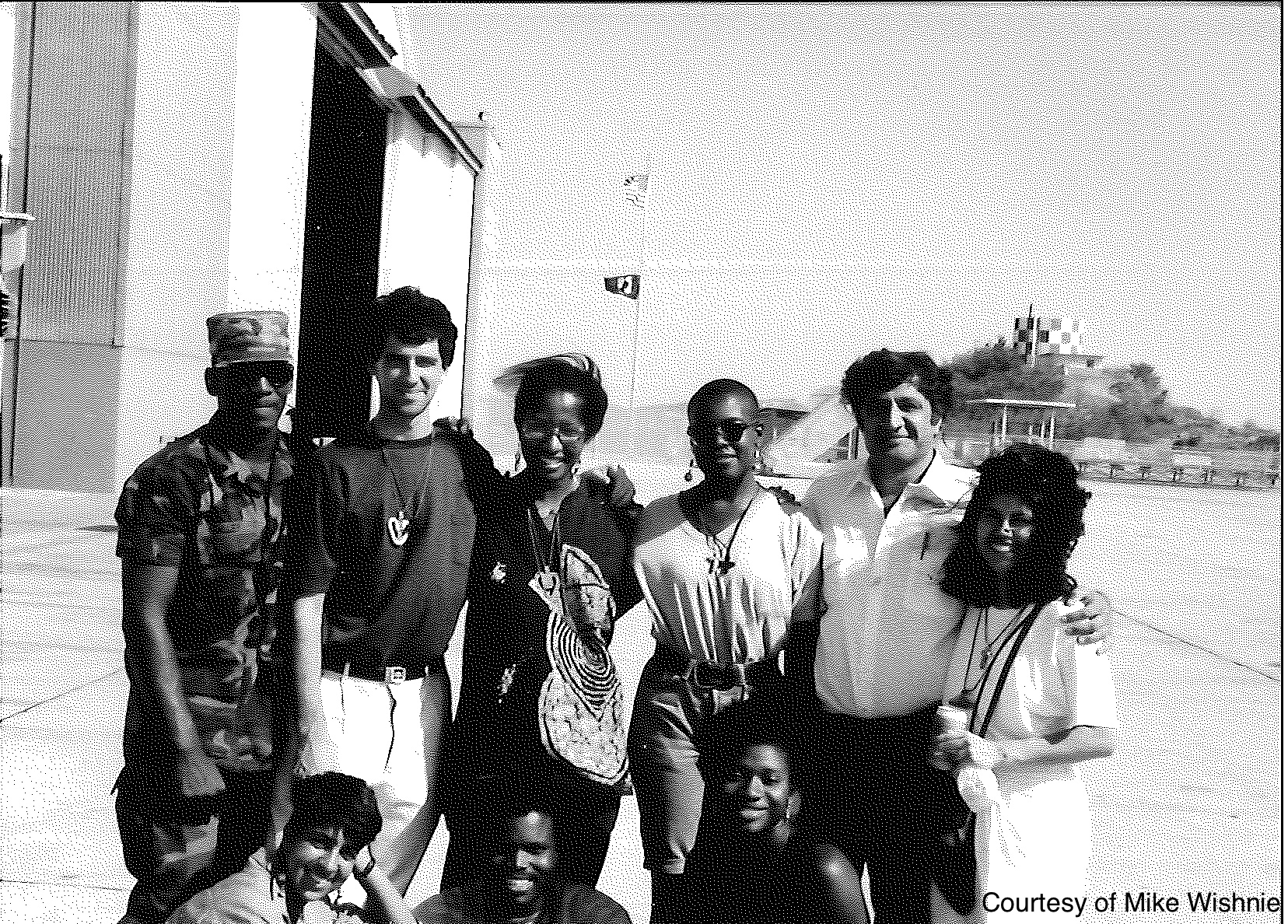
How can we trust memory? As historians, we strive to be objective as possible. We gather evidence, often basing our arguments on documents that we find in archives. Yet, we have to be able to trust our sources. Oral histories and people’s memories are hardly perfect. Who can remember what exactly happened five or ten…
Read moreWho Are the History Makers?
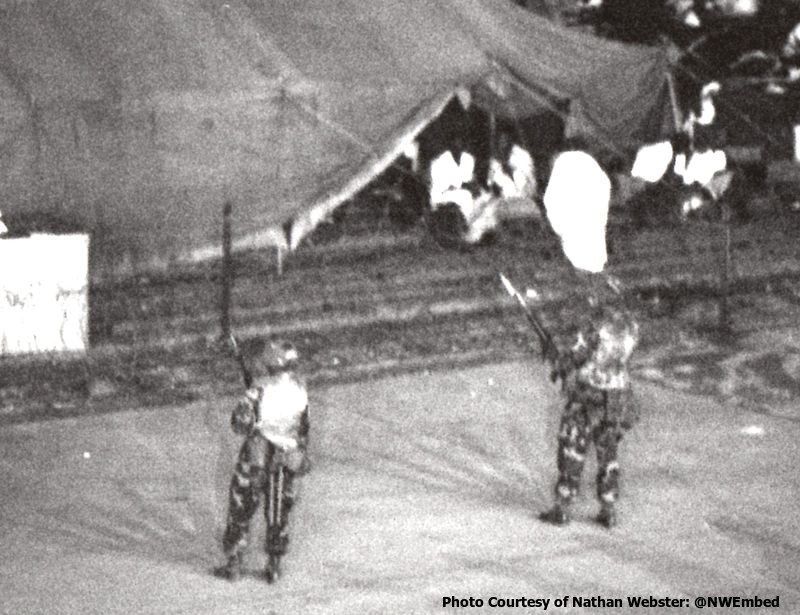
Growing up in the 90’s, I remember hearing my parents talk about the Gulf War, the Rwandan Genocide, and the Oklahoma City bombings, but I do not recall them ever discussing the heartbreaking situation of the thousands of Haitian asylum seekers detained at Guantánamo Bay. This is not their fault; most of America had no…
Read moreJudging Camp Bulkeley: Quarantine or Detention?
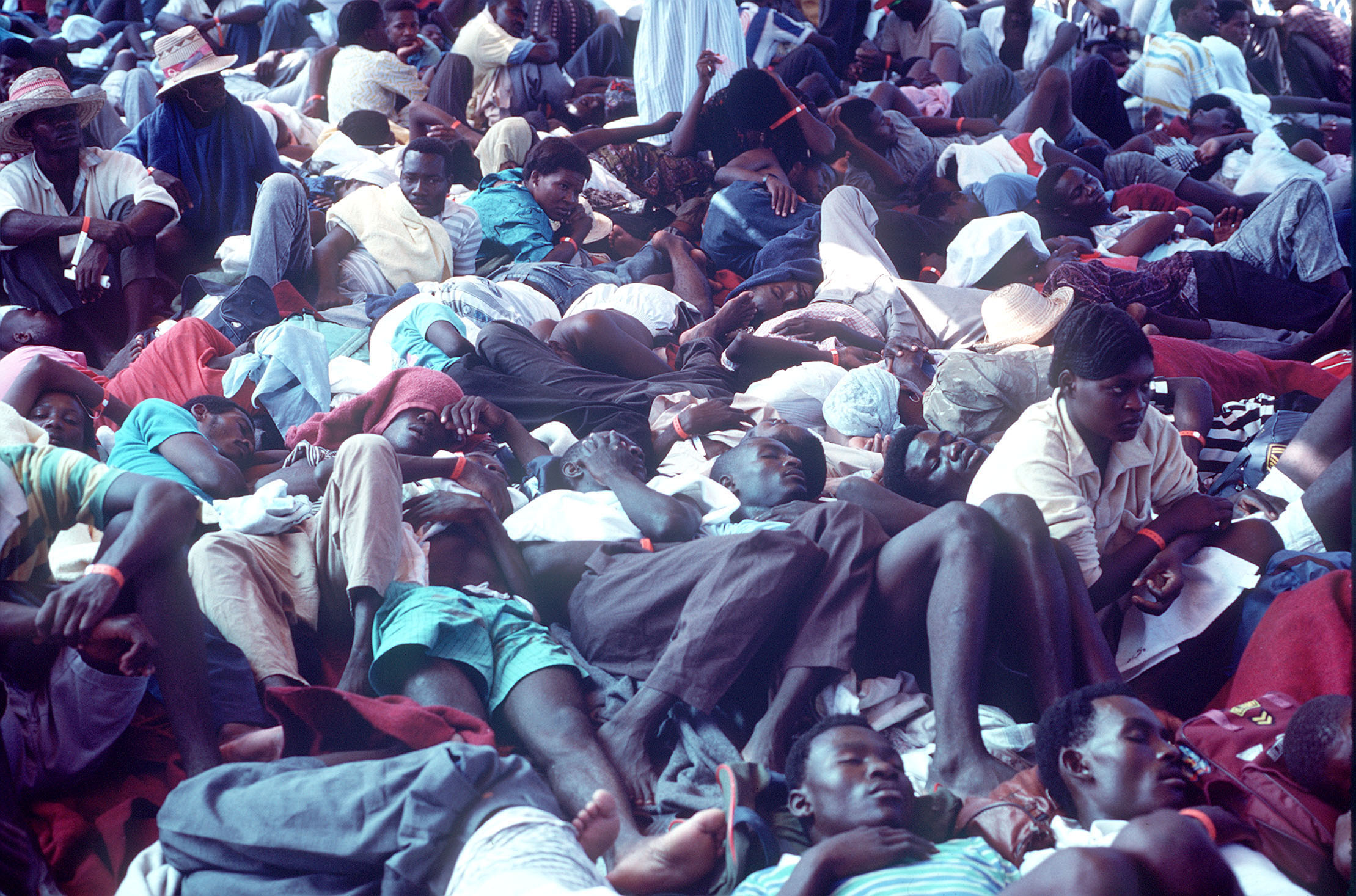
I am not a hypochondriac, but during the SARS outbreak of 2002, I seriously contemplated wearing a mask. How else could I protect myself from the airborne disease that killed nearly a thousand people in a year-long span? Ten years earlier, a similar hypochondriac tendency had plagued the United States. The disease, AIDS; the pathogen,…
Read moreMy Haiti: A Blog Reflection of Working on GPMP
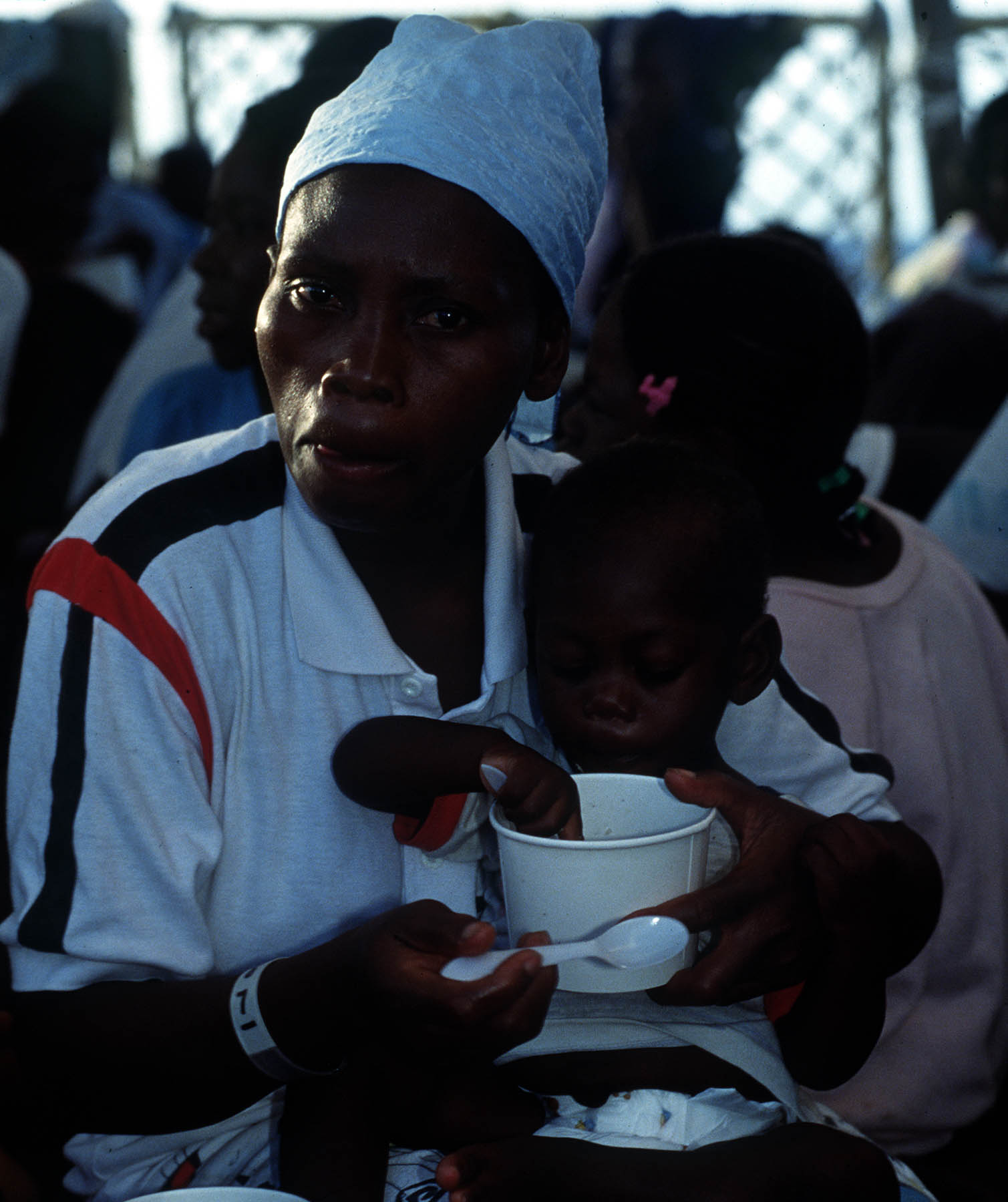
Working on Guantánamo Public Memory Project has opened my eyes to the ways we form biases, often without realizing it. Before GPMP, there existed My Haiti. My knowledge of Haiti was murky throughout school. I was aware of its existence but had no knowledge of its politics or people. My Haiti was the Haiti of…
Read moreThe Gift of an Oral History
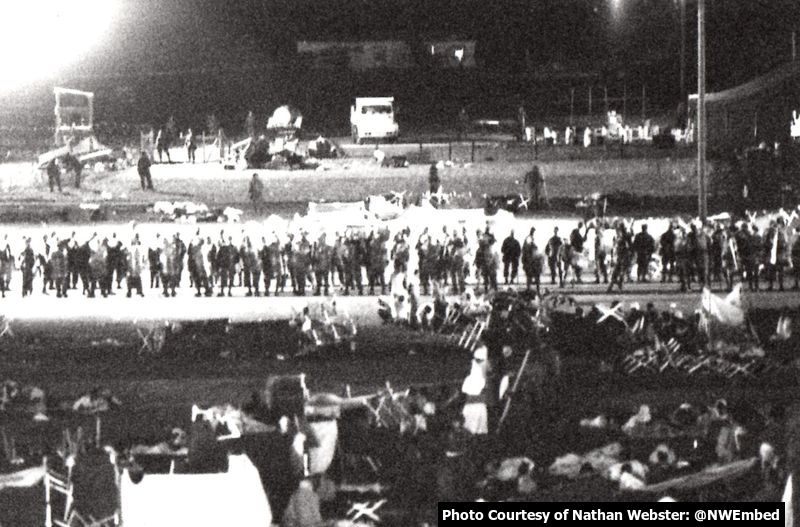
The oral history process begins far before the interview starts. The dialogues are far longer than the soundbite portraits they often become. The process by which a lead – possibly just a name or a phone number – becomes a historical source, is incredibly personal and fraught. A person’s memories are a vast and interesting…
Read morePrejudice and the Public Historian’s Role in Difficult History
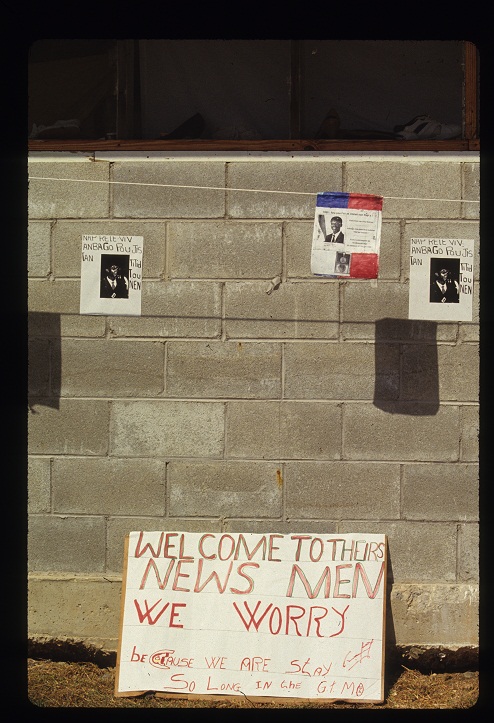
My classmate and I recently sat down with Harvard Law Professor Deborah Anker for an interview on the role of immigration law in the Haitian refugee crisis at Guantanamo. One of the first court cases that jumped to Anker’s mind was the Supreme Court case Jean v. Nelson (1985). Decided a few years before the crisis, the…
Read moreCreative: Picture Projects & Tronvig Group

